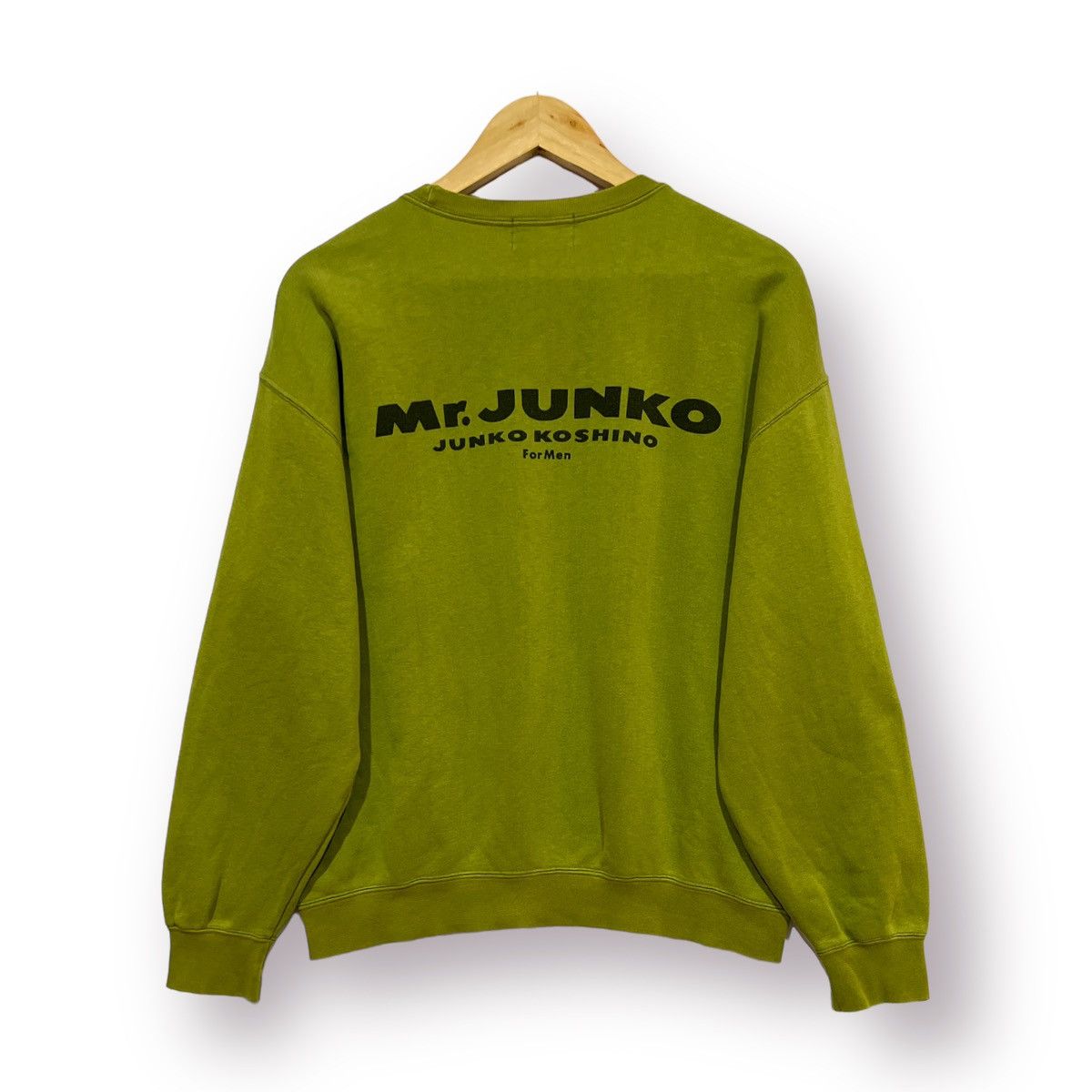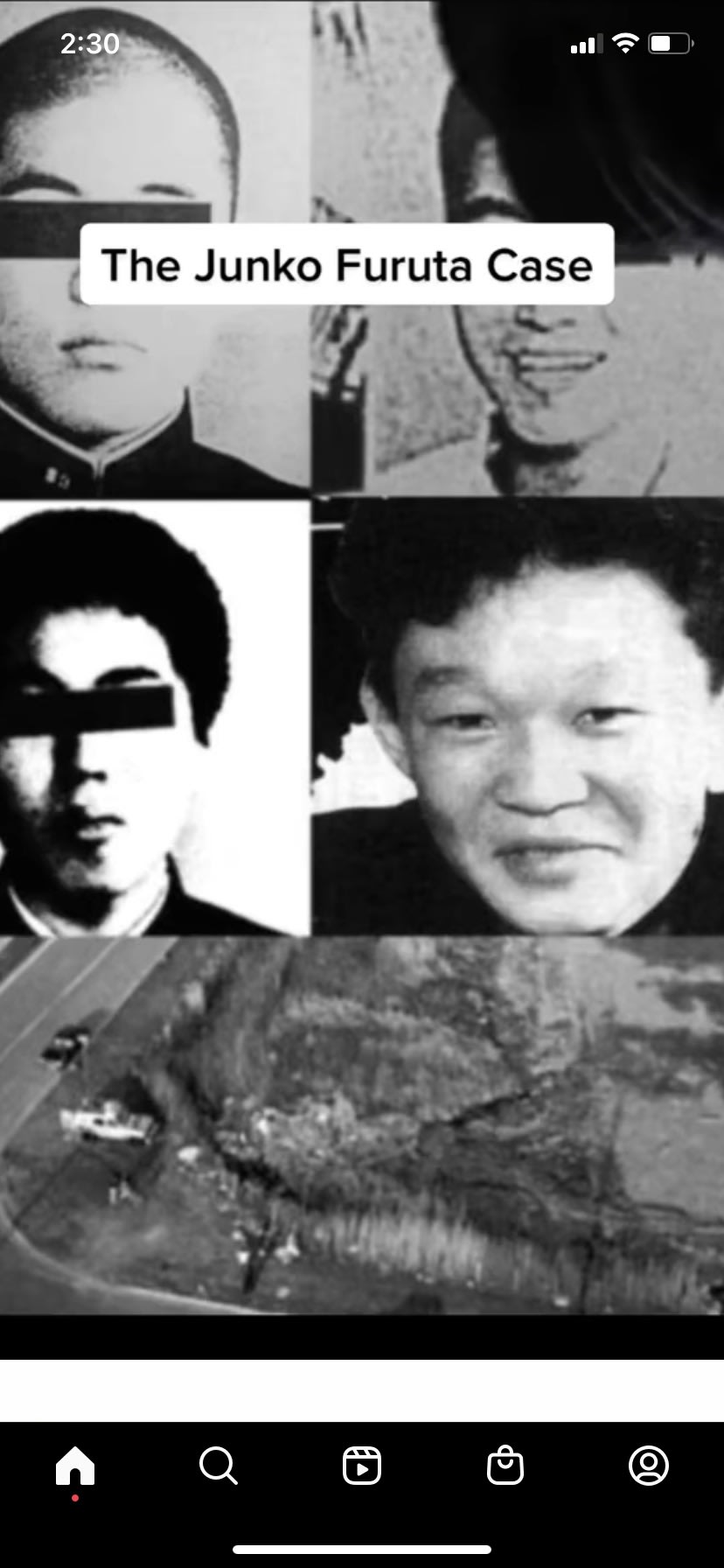Junko's Japanese Case: A Gripping Tale Of Justice And Mystery
Have you ever wondered about the intricacies of Japanese legal cases? Well, buckle up because we're diving deep into one of the most talked-about cases in recent years – Junko's Japanese case. This is not just another legal drama; it's a story that has captivated audiences worldwide, raising questions about justice, truth, and human nature. Let's get started, shall we?
This case has sparked intense debates, with people passionately arguing from both sides. Some see Junko as a victim caught in a web of circumstances beyond her control, while others believe there's more to the story than meets the eye. As we explore this intriguing case, we'll uncover the details that have made it such a hot topic of discussion.
So, why should you care about Junko's Japanese case? Because it's not just about one person; it's about the broader implications for the justice system and how it handles complex cases. It's about the power of public opinion and the role it plays in shaping legal outcomes. Trust me, this is one story you won't want to miss.
Read also:The Green Mile 2 2025 Cast Ndash Whorsquos Stepping Into The Shoes Of Legends
Understanding the Basics: What is Junko's Japanese Case?
Junko's Japanese case revolves around a young woman named Junko whose life took an unexpected turn when she became entangled in a legal battle that shook the nation. The case gained widespread attention due to its complexity and the emotional tug-of-war it created between the public and the judicial system. But before we dive into the nitty-gritty, let's break it down step by step.
Key Facts You Need to Know
- Junko was accused of a crime that many found hard to believe she could commit.
- The evidence presented during the trial was heavily scrutinized, with experts weighing in on its validity.
- Public opinion was divided, with some believing in Junko's innocence and others convinced of her guilt.
What makes this case unique is the way it highlights the challenges faced by the Japanese legal system when dealing with high-profile cases. It sheds light on the importance of thorough investigations and the need for transparency in the judicial process.
A Closer Look at Junko: The Person Behind the Headlines
To truly understand Junko's Japanese case, we need to delve into the life of the woman at its center. Junko wasn't just another defendant; she was a vibrant individual with dreams, aspirations, and a life that took an unexpected turn. Here's a glimpse into who she really is:
Biography of Junko
| Full Name | Junko Tanaka |
|---|---|
| Date of Birth | March 15, 1987 |
| Place of Birth | Tokyo, Japan |
| Occupation | Graphic Designer |
| Education | Bachelor's Degree in Fine Arts |
Junko was known for her artistic talents and her passion for design. Her work had been featured in several exhibitions, earning her recognition in the creative community. But all of that came to a halt when she found herself at the center of a legal storm.
The Legal Battle: A Step-by-Step Breakdown
Now, let's take a closer look at the legal proceedings that unfolded in Junko's Japanese case. This section will provide you with a detailed understanding of the events that transpired and the key players involved.
Initial Charges and Arrest
Junko's journey into the legal system began with her arrest on charges that seemed almost unbelievable. The initial investigation revealed certain pieces of evidence that pointed towards her involvement, but as the case progressed, questions began to arise about the reliability of these findings.
Read also:Unlocking The Power Of Remoteiot Vpc Ssh On Windows 10
The Trial
The trial was a spectacle, with media outlets from around the world covering every detail. Witnesses were called to testify, and expert opinions were sought to clarify the technical aspects of the evidence. It was during this phase that the case took unexpected twists and turns, leaving everyone guessing what the outcome would be.
Public Reaction: A Divided Nation
One of the most fascinating aspects of Junko's Japanese case is the public reaction it generated. Social media platforms were abuzz with discussions, with hashtags trending and opinions flying left and right. Here's a snapshot of how the public responded:
Support for Junko
- Many people rallied behind Junko, believing she was innocent and caught in a miscarriage of justice.
- Fans created online petitions and organized protests to demand a fair trial.
Critics of Junko
- On the other hand, there were those who believed the evidence was compelling enough to prove her guilt.
- They argued that the legal system should be trusted to deliver justice, regardless of public sentiment.
This divide in public opinion added another layer of complexity to the case, making it even more intriguing.
Experts Weigh In: Analyzing the Evidence
To gain a deeper understanding of Junko's Japanese case, we turned to experts in the field of criminology and forensic science. Their insights provided valuable context and helped clarify some of the more technical aspects of the case.
Forensic Evidence
Experts examined the forensic evidence presented during the trial, pointing out potential flaws and inconsistencies. They emphasized the importance of cross-verifying evidence to ensure its reliability.
Legal Precedents
Legal scholars also weighed in, discussing previous cases with similar circumstances and how they were handled. This historical perspective shed light on the broader implications of Junko's case for the Japanese legal system.
Impact on the Justice System
Junko's Japanese case has had a significant impact on the Japanese justice system, prompting discussions about reforms and improvements. Here are some of the key takeaways:
Need for Transparency
One of the main issues highlighted by this case is the need for greater transparency in legal proceedings. The public demands to see how decisions are made and what evidence is considered in reaching a verdict.
Role of Public Opinion
Another important aspect is the influence of public opinion on legal outcomes. While it's crucial for the justice system to remain impartial, it's equally important to acknowledge the power of public discourse in shaping perceptions.
Lessons Learned: Moving Forward
As we reflect on Junko's Japanese case, it's essential to consider the lessons it offers. This case serves as a reminder of the importance of fairness, transparency, and accountability in the justice system. It also underscores the need for ongoing dialogue between legal professionals and the public.
Preventing Future Miscarriages of Justice
To prevent similar cases in the future, there needs to be a concerted effort to improve investigative techniques, enhance legal training, and foster a culture of openness and trust within the judicial system.
Conclusion: The Final Verdict
In conclusion, Junko's Japanese case is a powerful reminder of the complexities involved in seeking justice. It challenges us to think critically about the role of the legal system and the impact of public opinion on its functioning. As we move forward, let's remember the importance of empathy, understanding, and fairness in every legal process.
I urge you to share your thoughts on this case in the comments section below. Engage in discussions, ask questions, and explore other articles on our site that delve deeper into topics related to justice and the law. Together, we can contribute to a more informed and just society.
Table of Contents
- Understanding the Basics: What is Junko's Japanese Case?
- A Closer Look at Junko: The Person Behind the Headlines
- The Legal Battle: A Step-by-Step Breakdown
- Public Reaction: A Divided Nation
- Experts Weigh In: Analyzing the Evidence
- Impact on the Justice System
- Lessons Learned: Moving Forward
- Conclusion: The Final Verdict
Article Recommendations


